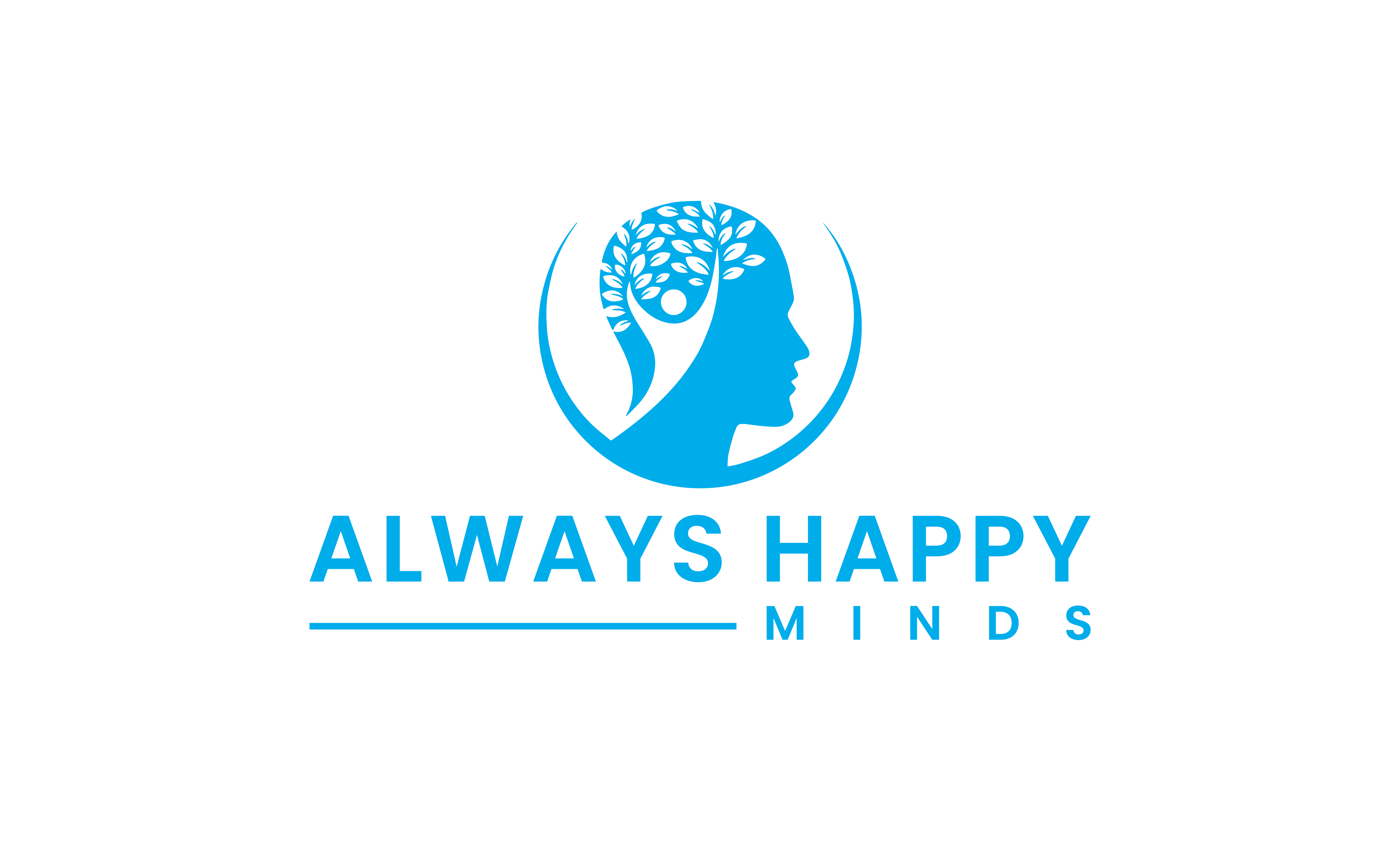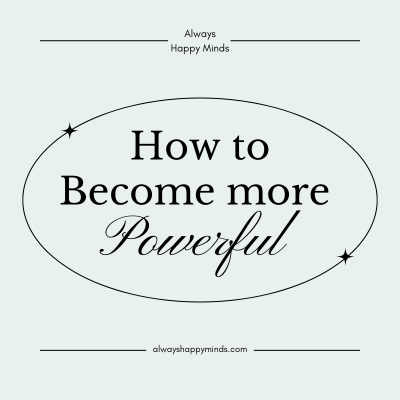In the fast-paced world we live in, discussions about mental health are more important than ever. However, while much emphasis is placed on emotional and psychological well-being, we often overlook the integral connection between physical and mental health. These two aspects of our lives are deeply intertwined, and improving one can significantly enhance the other. In this blog, we’ll explore the ways physical health affects mental health and how a holistic approach can lead to better overall well-being.
The Mind-Body Connection
The mind and body are not separate entities; they function as a cohesive unit. This relationship is often referred to as the “mind-body connection.” When your body feels good, your mind is more likely to feel good too, and vice versa. For instance, regular physical activity releases endorphins, often called the “feel-good” hormones, which help improve mood and reduce stress.
Conversely, when you’re physically unwell, it can affect your mental state. Chronic illness, pain, or even persistent fatigue can lead to feelings of frustration, anxiety, or depression. Acknowledging this connection can empower you to take a more balanced approach to your overall health.
The Role of Physical Health in Mental Wellbeing
-
Exercise and Mental Health Regular exercise is one of the most powerful tools to improve mental health. It has been proven to reduce anxiety, depression, and negative moods by boosting endorphin levels, improving sleep, and increasing self-esteem. Exercise doesn’t have to mean running marathons; simple activities like walking, yoga, or stretching can make a significant difference in your mental state.
According to research, aerobic exercises, such as jogging, swimming, and cycling, have been particularly effective at reducing symptoms of anxiety and depression. The repetitive movement of muscles during these activities helps create a calming effect in the brain, which promotes relaxation and mental clarity.
-
Nutrition and Mental Health What you eat directly impacts how you feel mentally. The food you consume serves as fuel for your body and mind. Diets high in processed foods, sugar, and unhealthy fats can lead to fatigue, anxiety, and depression. On the other hand, a balanced diet rich in fruits, vegetables, whole grains, lean proteins, and healthy fats can help stabilize your mood and boost cognitive function.
Omega-3 fatty acids, found in foods like salmon, walnuts, and flaxseeds, are known to promote brain health and reduce the symptoms of depression. Similarly, vitamins like B12 and folate are essential for mental clarity and emotional stability. Making healthier food choices is a simple yet powerful way to improve both your physical and mental health.
-
Sleep and Mental Health Sleep is often the first thing we sacrifice in our busy lives, but it plays a critical role in maintaining both mental and physical health. Lack of sleep can lead to irritability, mood swings, anxiety, and a weakened immune system. Sleep is when your body repairs itself and when your brain processes emotions and memories. A consistent lack of quality sleep has been linked to long-term mental health issues like depression and anxiety.
Aim for seven to nine hours of sleep per night to support optimal mental health. Establish a bedtime routine that promotes relaxation, such as turning off electronics an hour before bed, practicing deep breathing exercises, or engaging in mindfulness meditation. Good sleep hygiene can significantly improve your mood, cognitive abilities, and overall quality of life.
-
Hydration and Mental Health Dehydration doesn’t just affect your physical body; it can also cloud your mental state. Even mild dehydration can impair your mood, memory, and brain performance. When you’re not drinking enough water, your body can’t function at its best, leading to fatigue and difficulty concentrating.
Make a habit of drinking water throughout the day. Herbal teas and water-rich fruits like cucumbers and watermelon can also help keep you hydrated. Proper hydration supports your brain’s ability to process emotions and think clearly, which can lead to better mental well-being.
Stress and Its Impact on Physical Health
Stress is a common factor in modern life, but if left unmanaged, it can take a toll on both your mental and physical health. Chronic stress has been linked to conditions such as high blood pressure, heart disease, diabetes, and digestive issues. Moreover, it can lead to anxiety, depression, and cognitive decline.
To manage stress, it’s important to develop coping strategies that promote relaxation and emotional resilience. This can include deep breathing exercises, progressive muscle relaxation, or mindfulness practices. Additionally, physical activities like yoga or tai chi, which combine movement with breath control, can help reduce stress levels while improving physical strength and flexibility.
Mental Health Conditions and Physical Symptoms
Mental health conditions, such as anxiety and depression, often manifest physically. Individuals with chronic mental health issues may experience headaches, muscle tension, stomach problems, or chronic fatigue. These physical symptoms can sometimes lead to a cycle where mental health declines further due to the ongoing discomfort.
Seeking professional help is critical if you experience prolonged physical symptoms linked to mental health conditions. Therapies such as cognitive-behavioral therapy (CBT) can help break the cycle by teaching you how to manage the mental aspects of your physical symptoms.
Adopting a Holistic Approach to Health
A holistic approach to health means recognizing that both mental and physical health are interconnected and should be addressed together. Here are a few ways to adopt a more holistic approach to your well-being:
-
Create a balanced routine: Incorporate physical activity, healthy eating, and mental health practices (like journaling or meditation) into your daily schedule. A routine that balances both physical and mental well-being helps reduce the risk of burnout or imbalance.
-
Mindful movement: Engage in exercises that not only work your body but also calm your mind. Yoga, tai chi, and Pilates are excellent examples of mindful movement that promote mental clarity and relaxation while strengthening the body.
-
Self-care: Prioritize self-care by setting aside time for activities that nourish both your body and mind. Whether it’s a relaxing bath, a quiet walk in nature, or spending time with loved ones, self-care plays a critical role in maintaining a healthy mind-body connection.
-
Seek professional support: Whether it’s a nutritionist, personal trainer, or mental health professional, don’t hesitate to seek help when needed. A holistic approach often involves a team of professionals working together to support your overall well-being.
Conclusion
Maintaining your mental and physical health requires a balance of practices that nurture both. Understanding the deep connection between your mind and body allows you to take a holistic approach to well-being. From regular exercise and healthy eating to managing stress and getting enough sleep, small daily habits can have a profound impact on how you feel mentally and physically. By making these areas a priority, you can create a lifestyle that supports long-term mental health and emotional resilience.

